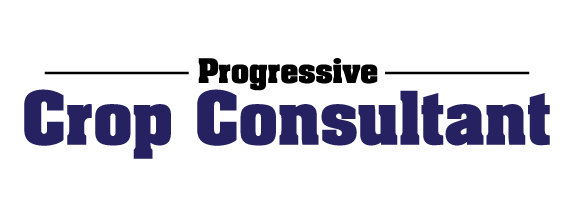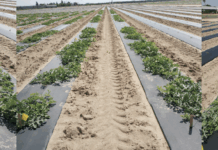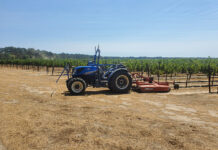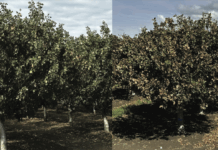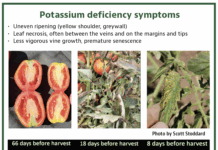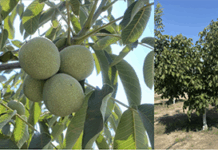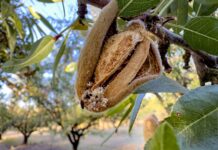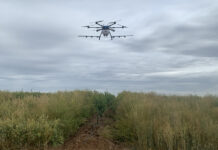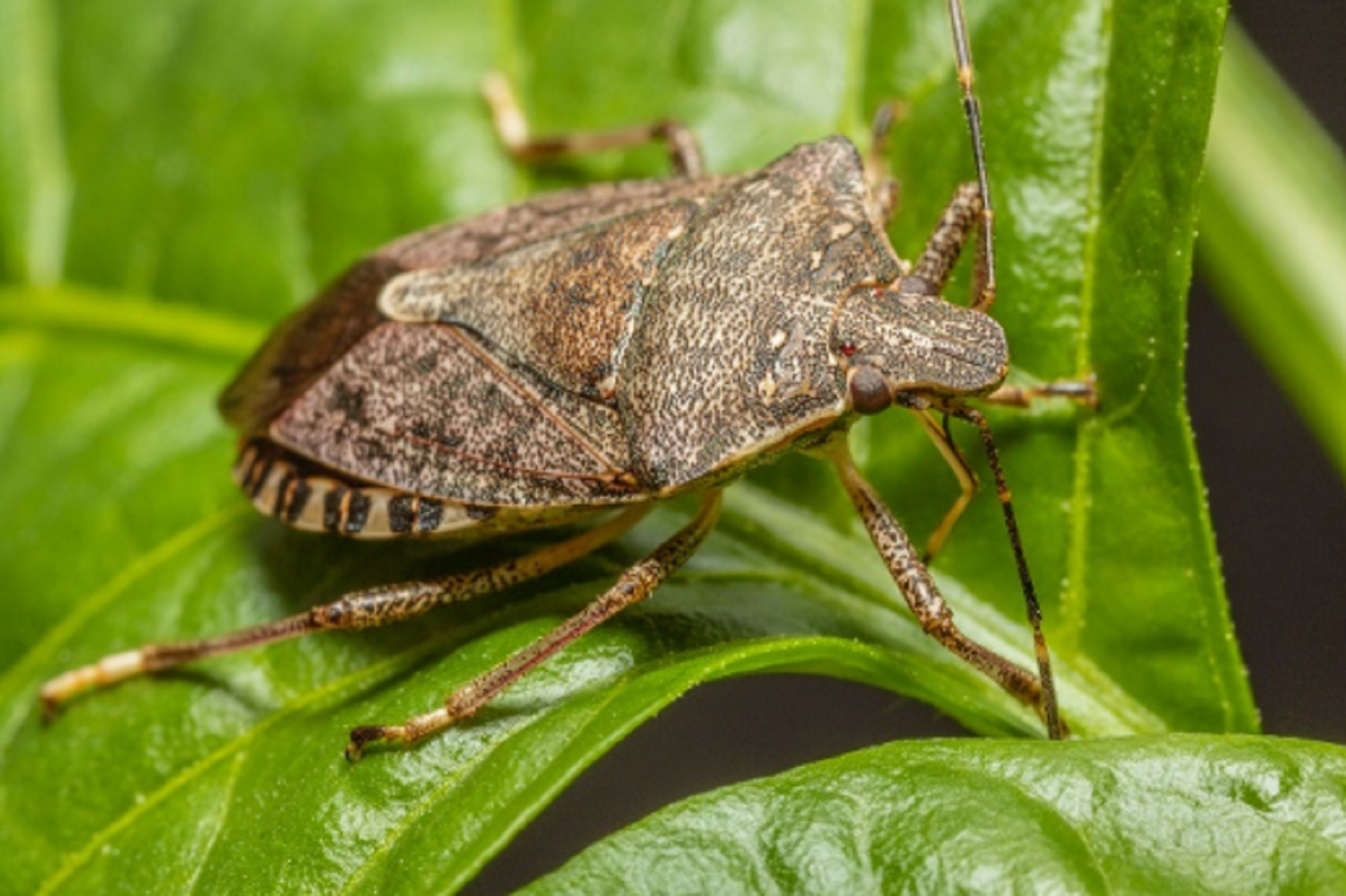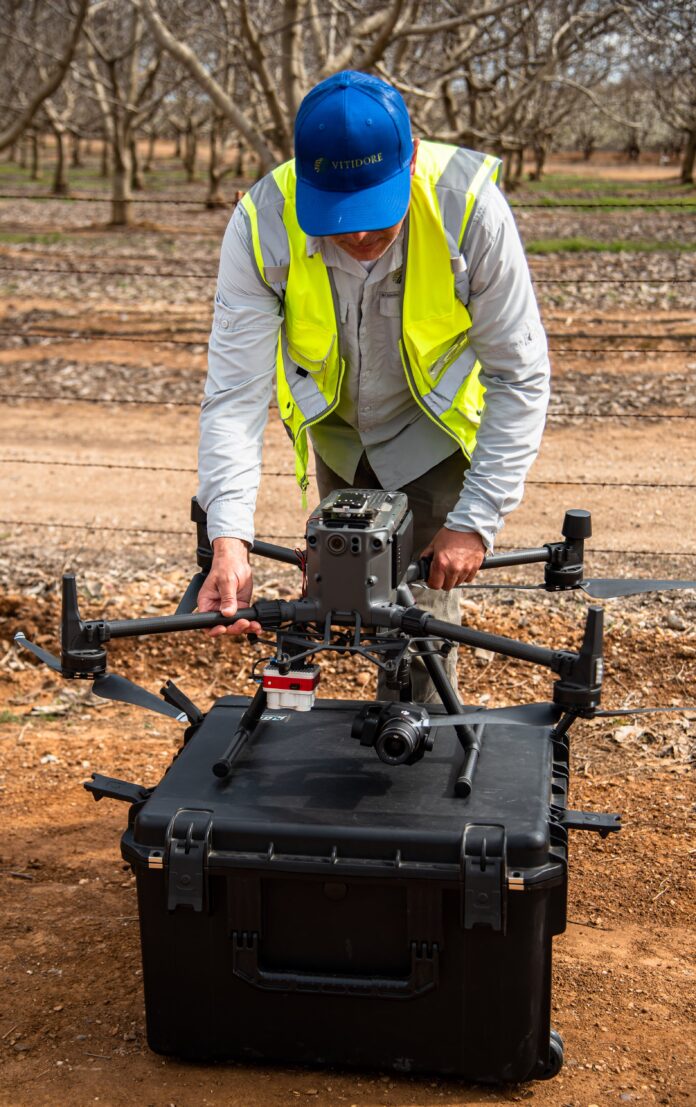
There’s a powerful shift underway in agricultural consulting. The rise of generative artificial intelligence (AI) is rapidly changing how PCAs and CCAs conduct research, analyze data and support farm management. Russell Morgan, certified agricultural consultant with the American Society of Agricultural Consultants and owner of Morgan Ag Consulting Services, shared how AI is transforming his work and the wider industry.
“This is a burgeoning platform. It is ubiquitous, not just in ag production and consulting, but everywhere, engineering, all over,” Morgan said. “Because it’s such a fast-advancing platform. I saw that it will have applications both in my business and in production ag and the ag consulting industry, which is very diverse. Not just what I do, but agronomists, nutritionists and all types of ag tech folks.”
Morgan first began using AI for its ability to handle extensive research quickly. “My work was in research, and it can perform a tremendous amount of research that would take me days or weeks. It can do it in 15 minutes,” he said, noting Google’s Gemini AI as his preferred platform.
Morgan emphasized the importance of reviewing AI results critically. “I found you always have to watch for and use your, what I call, ‘critical discretion,’ which is above critical thinking. Look and say, ‘Wait a minute, that doesn’t look right.’”
He recalled a recent experience where he challenged Gemini’s results. “It was actually a debate with Gemini, and that was pretty cool. Because I hadn’t done that before. But finally, after some interaction back and forth, it recognized that it made a mistake and essentially apologized and corrected the mistake, which was really fascinating to me.”
Improving Efficiency, Not Replacing Experts
Morgan also noted how AI boosts efficiency in writing and reporting. “Old-school folks would say the worst thing that a writer can see is a blank piece of paper. The same thing with a blank screen or blank Word document. But if you can have Gemini or AI, ChatGPT or whatever, provide something, a base to start with, it really ramps up your efficiency. And that’s what I have found.”
He also sees AI’s value across ag consulting fields. “There are a number of areas where I can use it to leverage knowledge in my consultancy, but I also have read where, let’s just say, agronomists have found fascinating uses in agronomy. Of course, you never take the agronomist out of the picture, but some of the simpler things it can replicate the agronomist’s expertise. They can leverage their time and value tremendously by utilizing the tool.”
Three Pillars of AI Use
Morgan described his approach to AI through three key pillars:
- Agricultural Intelligence: “All the data, the analytical data that an agronomist would use, can be built into and replicated by AI.”
- Artificial Intelligence: “Machine learning. It learned from that interaction, so it will not make that same mistake again.”
- Actionable Intelligence: “I take a lot of data, compile it, distill it and present it in an actionable way so the management team can look at it and make a decision.”
Ethics and Transparency
Morgan stressed AI should be used responsibly. “You don’t want to present somebody else’s work as your own.”
He referenced the American Society of Agricultural Consultants’ code of ethics. “If I created a report or business plan, let’s say, and I totally relied on Gemini or ChatGPT or whatever without modifying it and presented that as my work, that’s unethical, in my opinion, and also the opinion of the code of ethics for ASAC.”
In addition to the American Society of Agricultural Consultants’ code of ethics, PCAs and CCAs in California follow strict professional standards. PCAs must comply with ethical and legal requirements set by the state Department of Pesticide Regulation, while CCAs adhere to a national Code of Ethics established by the American Society of Agronomy. These guidelines emphasize accuracy, integrity, continued education and transparency to ensure responsible and trustworthy service to clients and the public.
He also cautioned about potential legal risks. “There may be some legal ramifications… Ag consultants, whatever area of consulting they’re working in, need to be considerate of those things and not violate the legal aspects and get themselves in a tremendous amount of trouble.”
As Morgan said, “You never take the agronomist out of the picture.” AI, he believes, is a tool for enhancing, not replacing, ag professionals. Used thoughtfully, it can improve efficiency, accuracy and the value consultants provide to their clients.
To hear more on this subject, check out this recent interview with Morgan on the MyAgLife Daily News Report. Additionally, Morgan led a roundtable discussion in late April titled, “Utilizing Generative Artificial Intelligence (Gen AI) In Your Agricultural Consulting Practice.” That recording can be found here.

